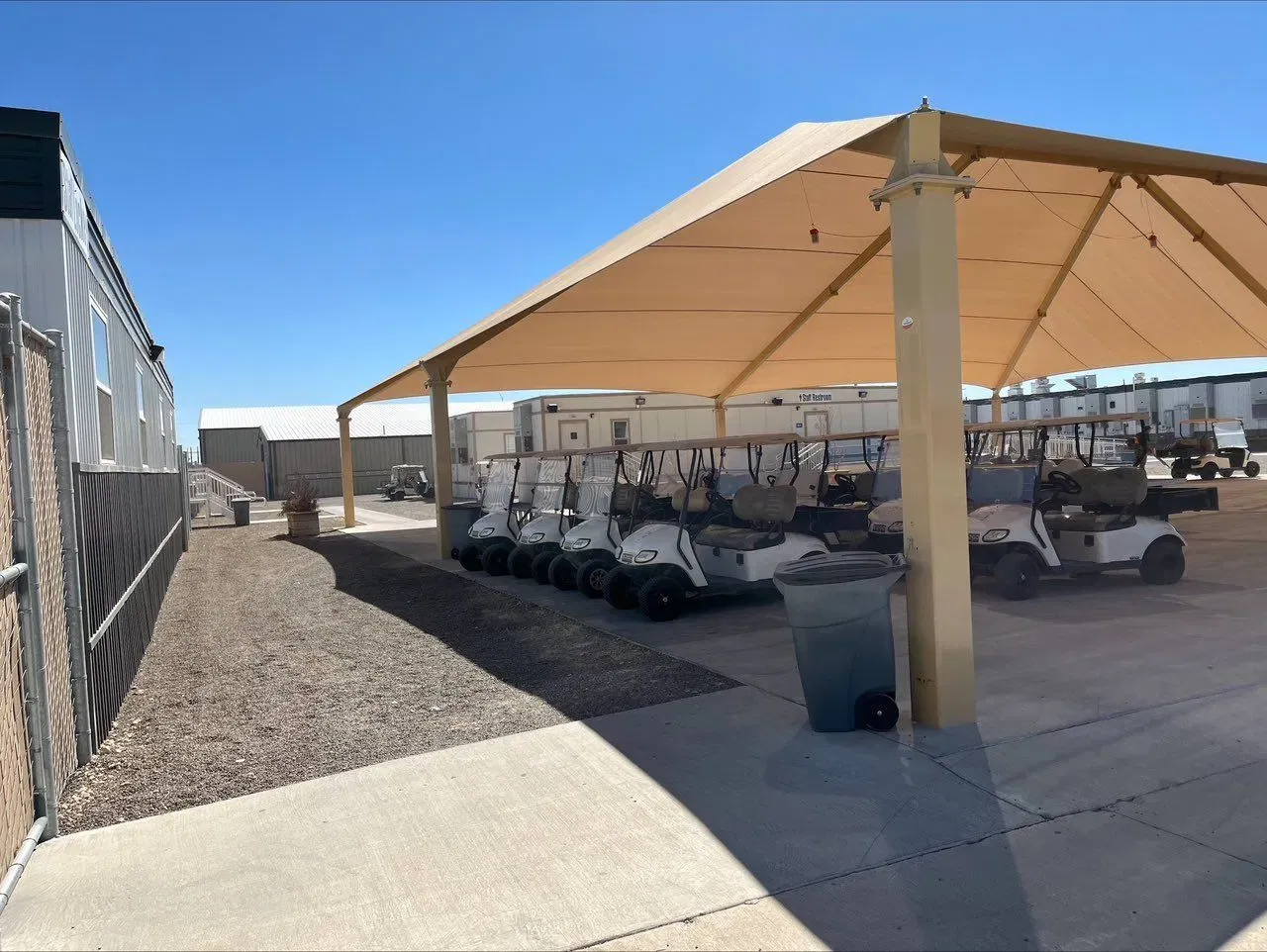Doge HHS Migrant Housing: Lessons from a Federal Contract Gone Wrong
The Doge HHS migrant housing project was supposed to solve a pressing problem — how to quickly house unaccompanied migrant children during unexpected surges. Instead, it became an example of how good intentions can collapse under poor planning, insufficient oversight, and runaway costs. Over the course of several months, the project consumed millions in taxpayer funds without sheltering a single child.
How the Contract Began
In late 2023, the Department of Health and Human Services struck a deal with a nonprofit to operate a 3,000-bed migrant housing facility in Pecos, Texas. The agreement demanded that the facility remain fully staffed and equipped, regardless of whether children were actually living there. Officials believed this “cold-ready” status would allow them to respond instantly to spikes in migrant arrivals.
At first glance, the plan sounded logical. Federal leaders wanted to avoid delays in providing shelter, food, and safety to vulnerable minors. By paying for readiness, they aimed to guarantee immediate care when needed.
However, reality proved far different. As the months passed, the building stayed empty while the government continued to pay $18 million every month.
Where the Problems Started
Multiple factors contributed to the contract’s failure. First, the agreement lacked performance benchmarks, meaning the operator faced no measurable standards for readiness. Second, staffing and training requirements fell short, leaving workers ill-prepared for the challenges they might face. Third, decision-makers had awarded the contract without a competitive bidding process, which reduced transparency and eliminated the chance of finding a more efficient provider.
As a result, taxpayers were funding a large-scale operation that wasn’t delivering on its core purpose. By early 2025, concerns had reached Congress, advocacy groups, and the public.
Investigations and Findings
Once scrutiny increased, oversight agencies launched an investigation. Inspectors found that several safety protocols had not been implemented, including proper emergency evacuation plans and adequate medical provisions. In addition, many staff members lacked specialized training for working with minors who had experienced trauma.
These revelations further eroded public confidence. Lawmakers demanded answers, and pressure grew on the Department of Health and Human Services to end the contract. By March 2025, the agency officially terminated the agreement, saving an estimated $200 million annually.
Impact on the Local Community
For residents of Pecos, the facility’s fate was a mixed bag. On one hand, some welcomed the cancellation, believing the money should be redirected toward projects that actually benefited the community. On the other hand, others worried that losing the facility meant less preparedness for future surges in unaccompanied minors.
The uncertainty also affected local nonprofits. Many of these organizations had hoped the facility would ease the strain on their limited resources. Once the contract ended, they had to brace for the possibility of handling more arrivals without extra support.
The Humanitarian Gap
While the contract’s end prevented further waste, it also created an immediate gap in shelter capacity. Migrant children often need safe, temporary housing while officials locate family members or arrange foster care. Without the Pecos facility, the system now relies more heavily on existing shelters, which may not be able to scale up quickly in an emergency.
This gap underscores a deeper challenge: how to maintain readiness without paying for an empty facility month after month. Striking that balance is critical to both protecting vulnerable children and using taxpayer money responsibly.
Lessons for Future Contracts
The Doge HHS migrant housing debacle highlights several key lessons for government agencies:
-
Establish measurable outcomes. Every contract should define clear benchmarks for performance, even during periods of low activity.
-
Ensure competitive bidding. Opening contracts to multiple bidders encourages efficiency and fairness.
-
Conduct regular audits. Continuous oversight helps identify problems before they escalate.
-
Balance readiness with cost control. Preparedness matters, but it should never result in indefinite payments for unused services.
By applying these principles, agencies can better serve both humanitarian needs and fiscal responsibility.
Frequently Asked Questions
1. What was the Doge HHS migrant housing project?
It was a federally funded program to keep a 3,000-bed facility ready for unaccompanied migrant children in Pecos, Texas.
2. How much did it cost?
The government paid roughly $18 million each month, even when the facility remained empty.
3. Why did it fail?
Poor planning, lack of oversight, no measurable benchmarks, and inadequate staff training all contributed to the project’s collapse.
4. Who decided to cancel it?
The Department of Health and Human Services ended the contract in early 2025 after public and political pressure.
5. What happens now?
The agency must explore more cost-effective ways to handle sudden surges in migrant children without overspending.
Final Thoughts
The Doge HHS migrant housing case is more than a story about wasted funds — it’s a warning about what happens when urgency overshadows planning. Emergency readiness remains important, but without clear goals, strong oversight, and competitive selection, good intentions can quickly drain public resources. By learning from these mistakes, future efforts can better balance preparedness with accountability.
